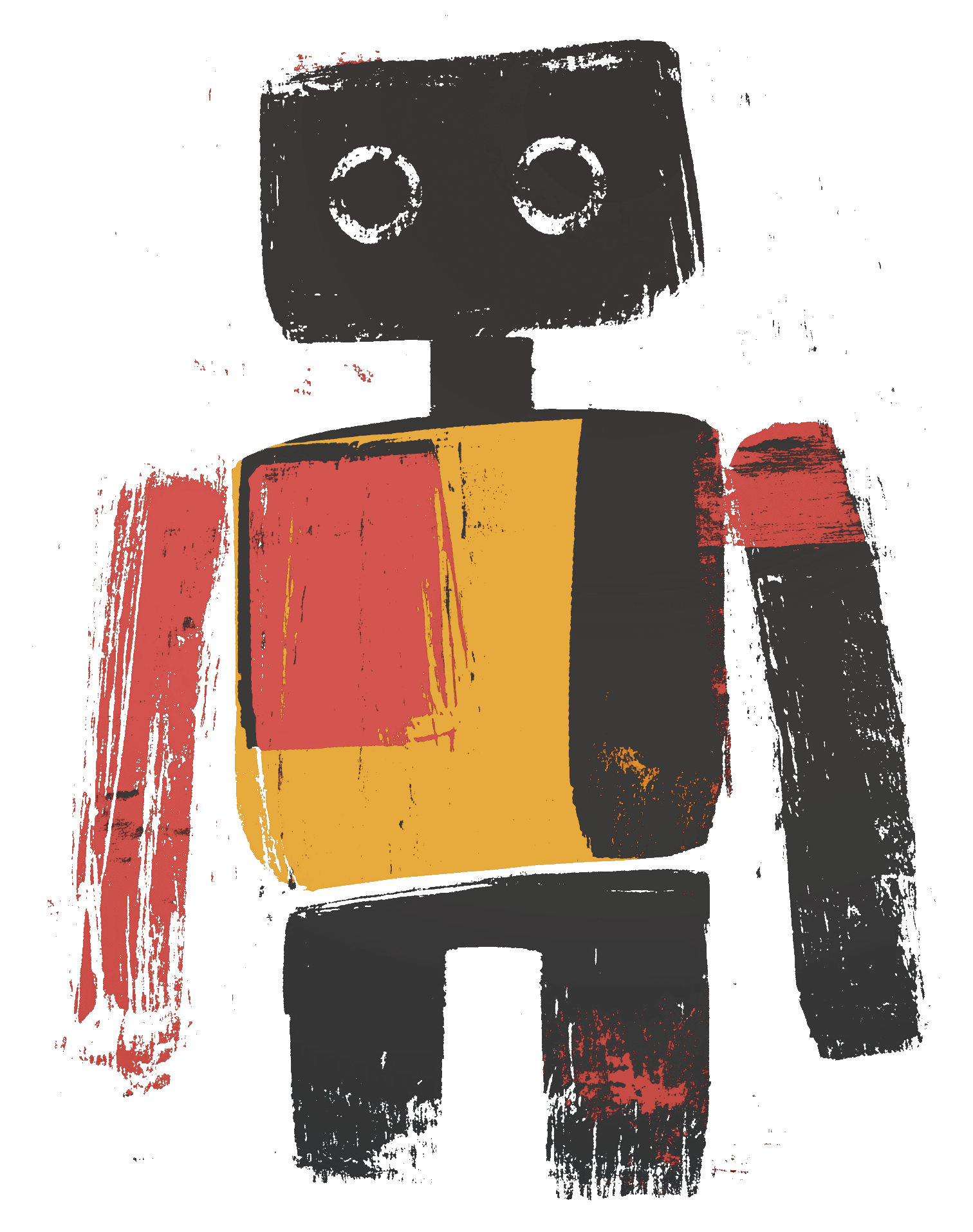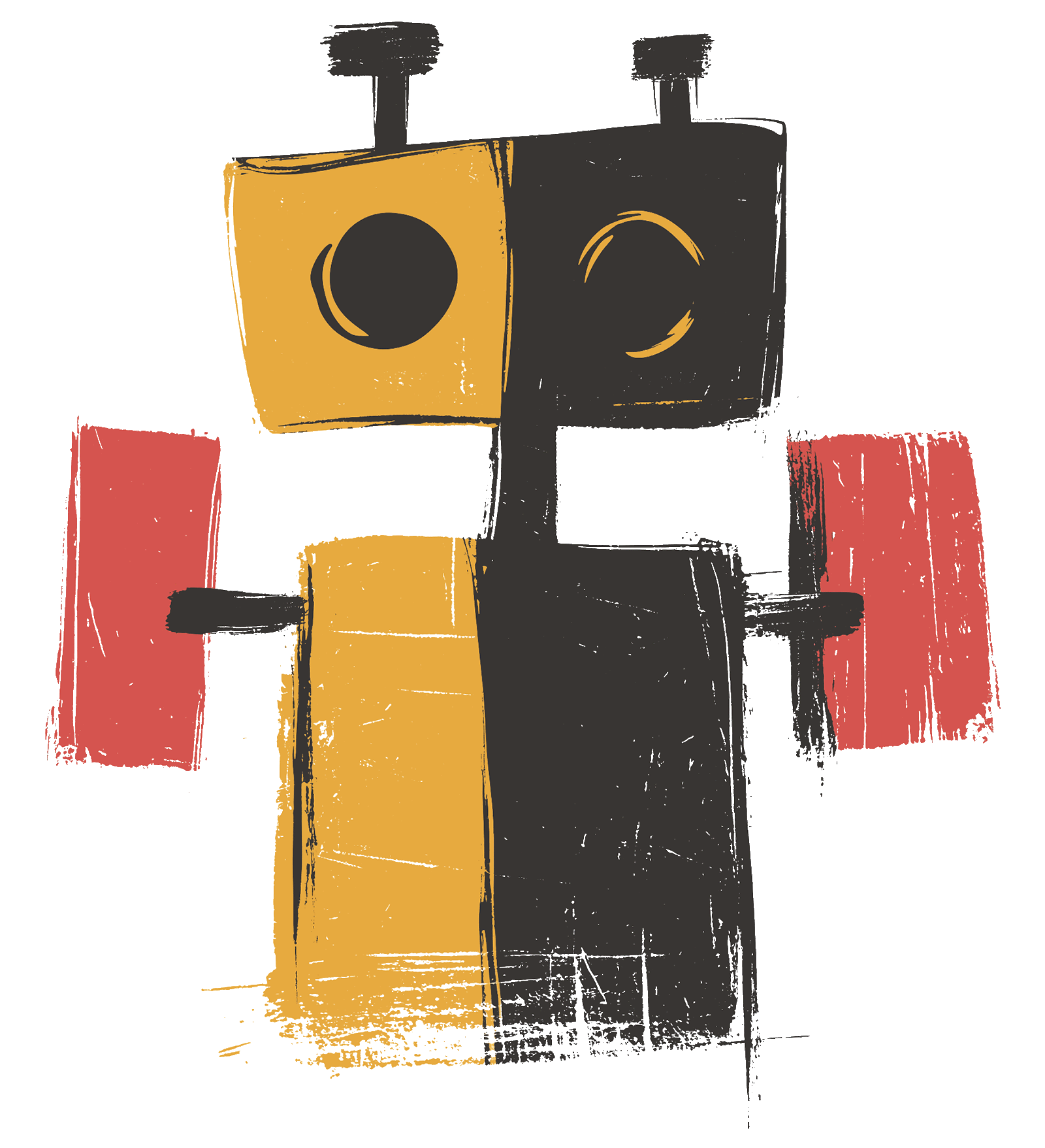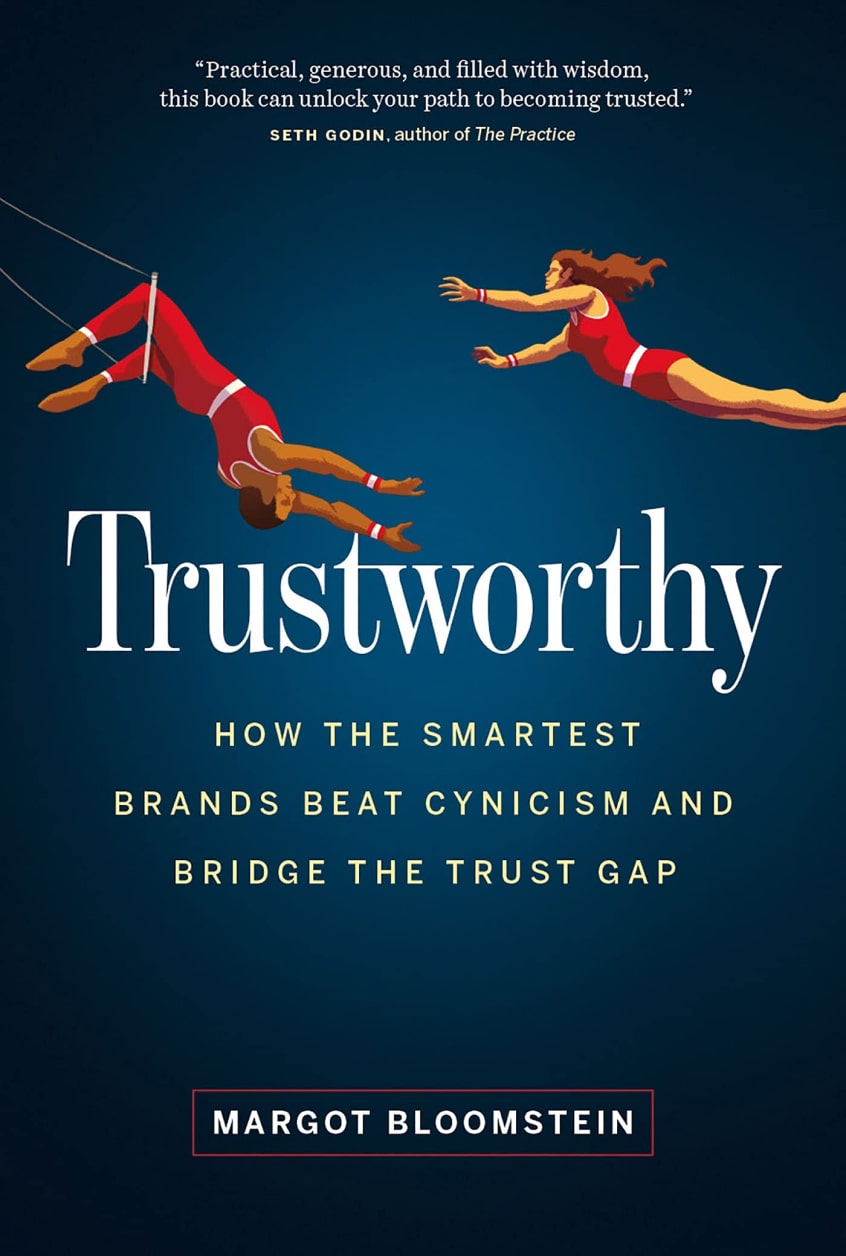How to be human
In a world of bots and AI, organisations that manage to build better connections with human beings will thrive

Good human-to-human relationships are built on mutual respect, learning and great communication. We grow together. We support each other. We strive to understand each other. We do our best to be modest, understanding and generous. To be humorous at the right moments and serious at the right moments. We appreciate sharing an outlook on the world. We offer warmth and a personal touch in a world that can be cold. Occasionally we even make each other cups of tea.
Especially in an AI-infused world, organisations’ content can feel more like a relentless stream than the basis for a mutually supportive relationship. Not-for-profit organisations can have a hard time trying to retain supporters. Other organisations can find that the attention economy means having to constantly come up with new ideas in order to stand still.
These are some areas in which organisations can get off the automated content conveyor belt and instead build lasting, human relationships.
Two-way communication
Good relationships are built on open, honest, two-way communication. Constructive, rewarding conversations are as much about listening as talking.
Organisations have a tendency to do a lot of talking and not so much listening. They produce huge amounts of content but a lot of it is about themselves. Some of it doesn’t even sound like it was written by a human. Too often organisations use internal language and frames of thinking. Too often brand is equated with visual identity.
Creating good, example-filled voice, tone and style guidelines can help. Developing a storytelling strategy that starts with users, customers and advocates, not the organisation, is another good way of improving conversations and being less self-centred.
Mutual growth and learning
Good relationships are continuously improving. We ask questions and we learn and we become stronger, evolving together.
Too often organisations’ content seems to be broadcasting and marketing at people rather than connecting and giving opportunities for learning and empowering. Too often organisations talk over the tops of people’s lives rather than meaningfully contributing to them.
Finding genuine ways to learn from people can change the dynamic of an organisation-human relationship. Equally, sharing knowledge and providing opportunities for people to learn is a great way to help create mutually beneficial relationships.
Supporting each other
The best relationships are mutually supportive. There are good times and bad times and we need each other in both. That mutual support is emotional as well as practical. And it’s two-way: even in our most selfless, generous moments we appreciate being seen. In the best relationships this mutual support becomes a virtuous cycle: we help each other to become the best versions of ourselves.
The best purpose-driven organisations have many people who would love to support them and be supported by them. People who would love to learn, who would love to receive the sorts of resources and help that could turn them into powerful advocates for the organisation’s cause and community.
Starting content from “What do people want from us?” and not “What do we want people to do?” is likely to create more useful, supportive content, and therefore relationships. Sometimes even just a few conversations with the right people can be revealing about exactly what people really care about and what they need.

Shared values and goals
As humans we have a natural desire to form connections and communities with others who share our values and goals. Some of the spaces in which we did this 50 or 100 years ago (the church, trade unions, political parties) have become less prominent in modern life, our connections to them more fragile, more fluid.
At the same time, a digital revolution has given us the ability to connect and to convene and grow together in ways that were impossible 40 years ago. This is a huge opportunity for purposeful organisations, who can not only connect directly to people, but can convene and encourage connections between others.
Making sure that content is multilayered, multifaceted and personalised helps to form a web of deeper, more satisfying, more sustainable, values-based relationships.
Deep, human, emotional connection
In our best relationships we share sadness and happiness and pain and jealousy and loss and ecstasy and a whole jungle of other emotions and experiences. We have a need for stories that make sense of these emotions and which shape our understanding of the world. These stories connect us on many levels. They foster a sense of belonging, community and deep human connection.
Organisations have a huge opportunity to use content to help create these connections but so much content is transactional.
Balancing the telling of stories with transactional content, and integrating a storytelling approach throughout content, helps to build deeper connections.
Trust, generosity and modesty
The best relationships are built on mutual trust. This trust doesn’t come out of nowhere: it grows from respect, generosity, modesty and a genuine desire to serve each others’ needs.
The best purpose-driven organisations do amazing, important work. But people often care more about the cause than the organisation itself.
Remembering that people are probably more invested in the cause than the organisation is likely to ultimately mean they trust and respect the organisation more.
Long-term commitment
Organisations often say that they’d love to have long-term users, customers and supporters who continue to do everything they’d like them to: sign petitions, buy Christmas cards, like social posts.
But commitment needs to be two-way.
Prioritising longer-term experiences and lifetime value over short-term aims is likely to make people feel more committed.
Autonomy and independence
Autonomy is a difficult aspect of relationships for many of us. We love each other because we’re separate, independent beings and yet we strive to break down that separateness. There are contradictions of human nature here that are beyond the scope of this article.
Suffice to say, if you want to be loved, you will need to give others space to be their own people. You’ll need to respect their individuality and not try to control them. You’ll need to encourage informed choices and avoid manipulative tactics.
Content that aims to empower rather than control, to influence rather than herd, is likely to be more successful.
Personal touch
People like to feel connections with other people. It’s true that sometimes we form close bonds with inanimate objects and abstract entities too, but mostly the really strong, lasting relationships are a people-people thing.
Organisations often say that they want more, better connections but they don’t always build themselves as a structure within which humans can thrive.
There’s a huge opportunity here, especially in the ways that organisations create and maintain digital content.
In order to get there, some may need to let go of some of their organisation-ego and concentrate more on their inner humanity.
Further reading
Friend-of-Contentious Margot Bloomstein has written a great book on Trust.
She explains how to build trust through content and design and learn from the teams and business leaders who are getting it right.
It’s available direct from her website (where you can also download a free extract) or from all good bookshops.
